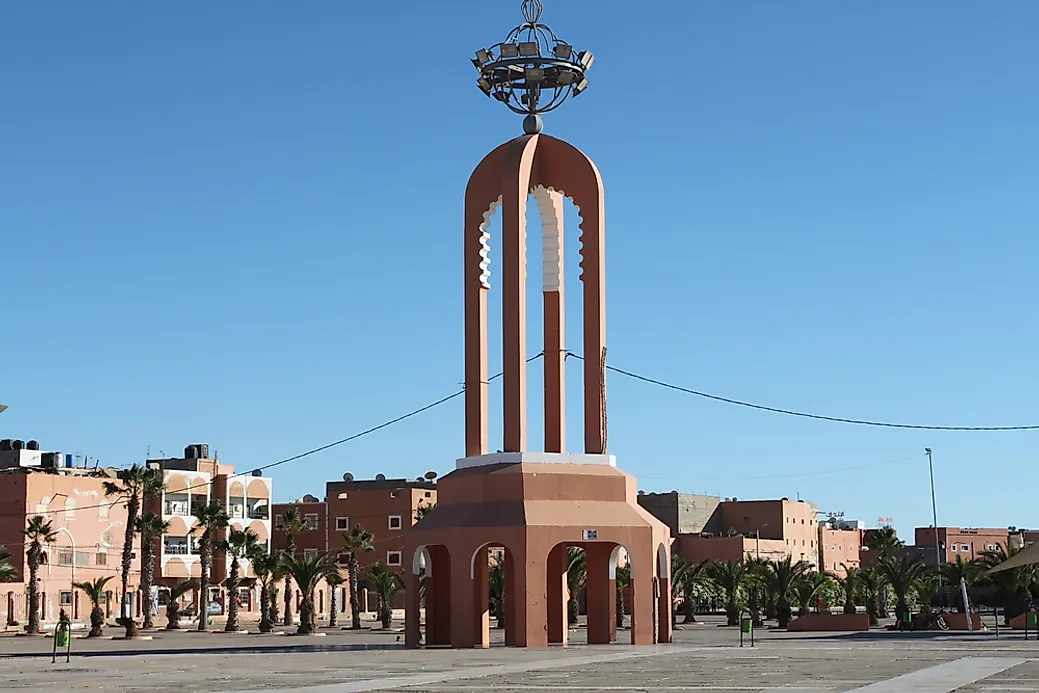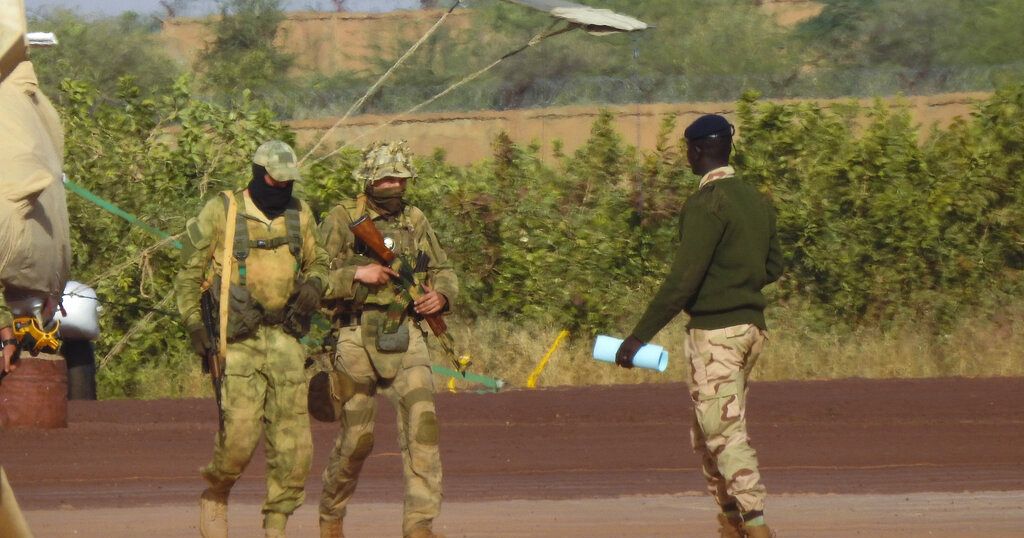The Moroccan government’s treatment of Western Sahara, a territory located in northwest Africa, has long been a source of controversy and criticism. Many view Morocco’s presence in Western Sahara as an example of imperialism, with the Moroccan government seeking to exert control over the territory and its people. This has led to widespread calls for Morocco to end its imperialist attitude towards Western Sahara and instead seek a peaceful resolution to the conflict.
Western Sahara was once a Spanish colony, but after Spain withdrew from the territory in 1975, Morocco and Mauritania both laid claim to the land. In the following years, Morocco established military control over the territory and began a process of colonization, bringing in Moroccan settlers and building infrastructure. This led to resistance from the indigenous Sahrawi people, who formed the Polisario Front and sought independence for Western Sahara.
The conflict has persisted for decades, with the Polisario Front and Moroccan government engaging in periodic hostilities and the Sahrawi people living under occupation. In 1991, a ceasefire was brokered and the United Nations Mission for the Referendum in Western Sahara (MINURSO) was established to hold a vote on the territory’s future status. However, the referendum has yet to take place, and Morocco has continued to exert control over Western Sahara.
There are a number of reasons why Morocco’s attitude towards Western Sahara has been criticized as imperialist. One is the Moroccan government’s efforts to colonize the territory by bringing in Moroccan settlers and building infrastructure. This has led to the displacement of the Sahrawi people and the alteration of the territory’s cultural and demographic landscape. Additionally, Moroccan authorities have been accused of human rights abuses against Sahrawi activists and protesters, including arbitrary detention, torture, and intimidation.
There is also the issue of natural resources. Western Sahara is home to rich deposits of phosphate, which is a key component in the production of fertilizers. Morocco has been accused of exploiting these resources for its own benefit, without consulting or compensating the Sahrawi people. This has led to accusations that Morocco is using its presence in Western Sahara to enrich itself at the expense of the Sahrawi people.
Given these concerns, it is clear that Morocco should end its imperialist attitude towards Western Sahara and instead seek a peaceful resolution to the conflict. This could involve negotiations with the Polisario Front and the holding of a long-delayed referendum on the territory’s future status. It could also involve respecting the rights of the Sahrawi people and working to address their grievances, including through the development of economic and social programs.
There are already some signs that Morocco is beginning to shift its approach to Western Sahara. In December 2020, the Moroccan government announced a series of measures aimed at improving the living conditions of Sahrawi citizens, including the construction of new infrastructure and the expansion of social services. While these steps are welcome, more needs to be done to address the underlying issues and address the concerns of the Sahrawi people.
Ultimately, the resolution of the Western Sahara conflict will require the commitment of both the Moroccan government and the Polisario Front to finding a peaceful and mutually-beneficial solution. While this may be a difficult task, it is the only way to bring an end to the long-standing conflict and ensure a better future for all of the people of Western Sahara



